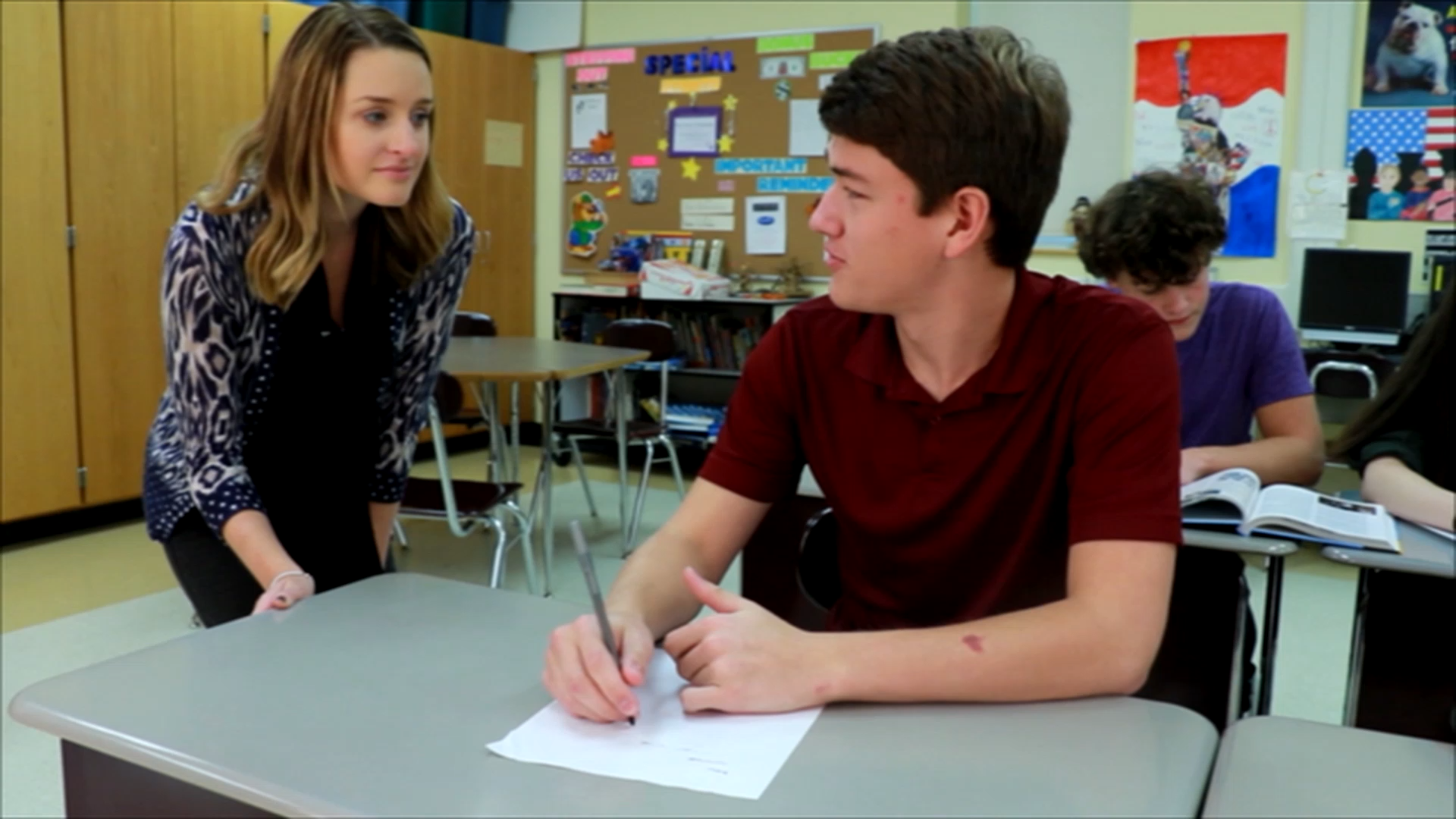
Introduction
For students in special education, developing problem-solving skills is crucial for navigating through everyday challenges. Educators play a vital role in teaching these skills and fostering a supportive environment where students can practice and apply them in various situations. In this blog post, we will explore a no-prep activity to help students work on their problem-solving abilities, discuss related questions, and provide resources for further learning.
No-Prep Activity
One effective way to help students develop problem-solving skills is through role-playing scenarios. This no-prep activity requires no materials or extensive preparation from the educator and can be easily adapted to suit different age groups and abilities.
Role-Playing Scenarios:
- Divide students into pairs or small groups.
- Provide each pair or group with a scenario that presents a common problem they might face in school, such as forgetting their lunch, having difficulty with an assignment, or not knowing where to sit at lunchtime.
- Have students take turns playing both the role of the student facing the problem and the role of the teacher or peer helping them find a solution.
- After each scenario, encourage students to reflect on the experience and discuss the effectiveness of the problem-solving strategies used.
Discussion Questions
After completing the no-prep activity, use these discussion questions to further explore problem-solving skills:
- Why is it important to ask for help when you are facing a problem?
- What are some strategies you can use to stay calm and focused when trying to solve a problem?
- How can you apply the problem-solving skills you practiced today in other areas of your life?
- What are some ways you can support your classmates when they are facing a problem?
Related Skills
Developing problem-solving skills is just one aspect of Social-Emotional Learning. Other related skills that can be beneficial for students in special education include:
- Communication: Learning to express thoughts and feelings clearly and effectively is essential for working through problems with others.
- Empathy: Understanding and sharing the emotions of others can help students be more supportive and collaborative in problem-solving situations.
- Resilience: Building resilience helps students bounce back from setbacks and continue working towards solutions, even when faced with challenges.
Next Steps
As an educator, you play a crucial role in helping students with special needs develop problem-solving skills and other social-emotional competencies. To access free sample materials and resources related to these skills, visit Everyday Speech’s sample materials page. By incorporating these strategies and activities into your teaching, you can help your students build a strong foundation for success in school and beyond.

